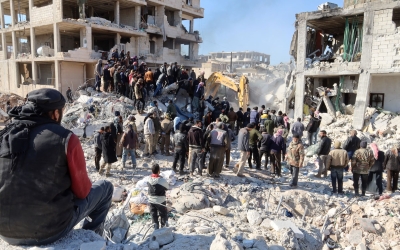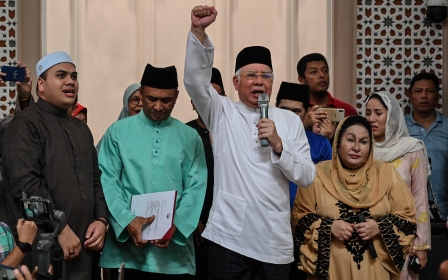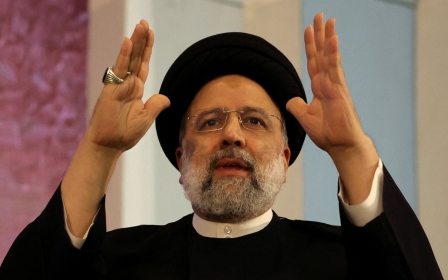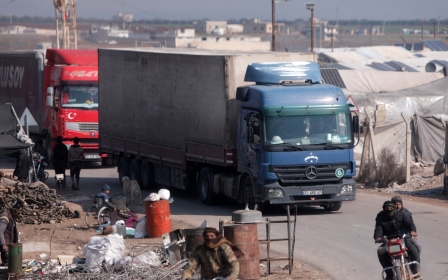Arabic press review: Kuwaiti royal sentenced in Malaysia's 1MDB scandal
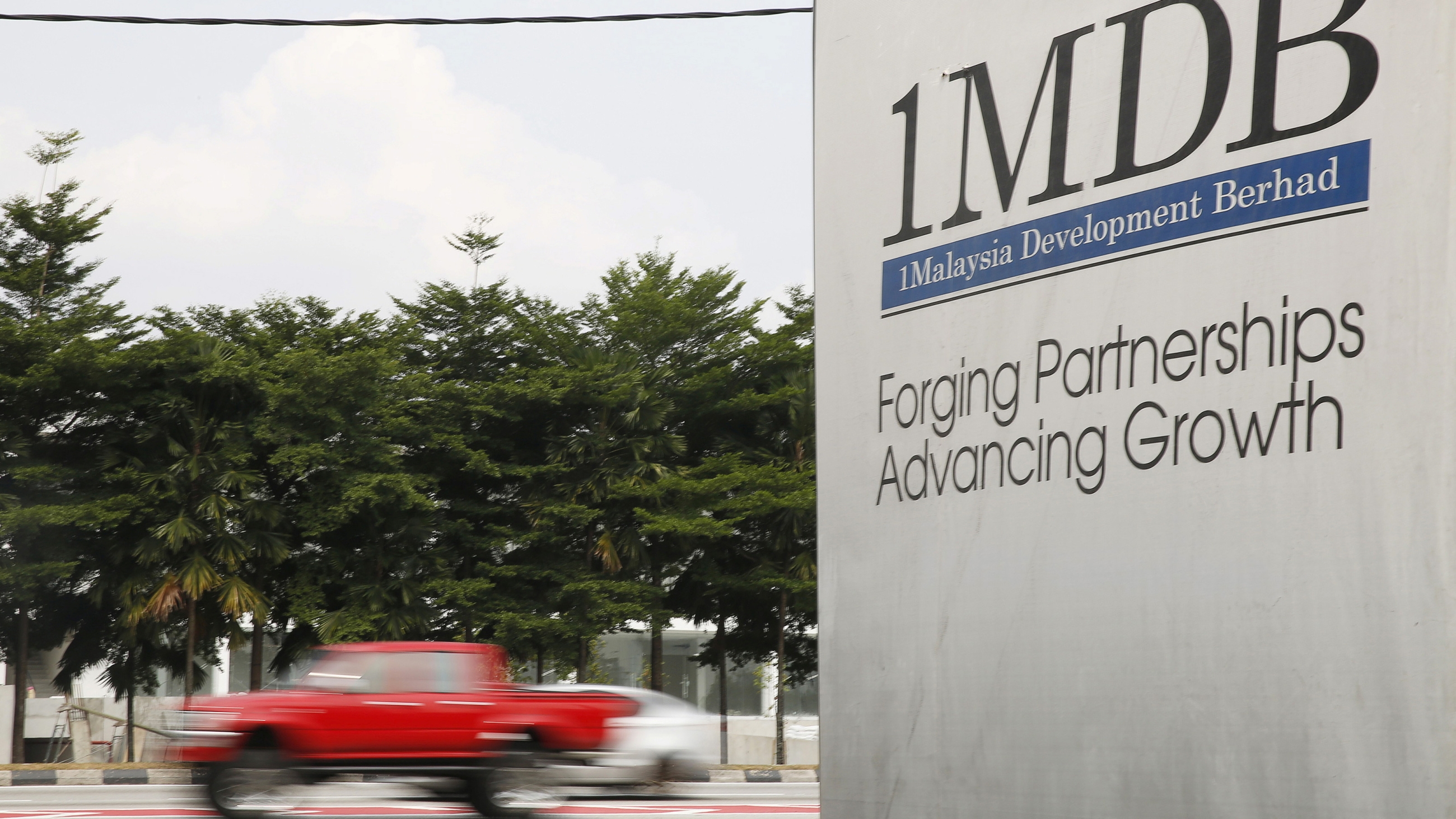
Kuwaiti court sentences five in 1MDB case
A Kuwaiti criminal court sentenced five people to up to 10 years in prison for their involvement in corruption around the Malaysian state-owned fund 1Malaysia Development Berhad (1MDB), Al-Quds Al-Arabi newspaper reported.
The 1MDB scandal revolved around what Malaysian and US authorities say was the misappropriation of around $4.5bn from the 1MDB, which was created by Malaysia's former prime minister Najib Razak in 2009.
A Kuwaiti court on Tuesday sentenced a member of the royal family, his business partner and two foreigners, including Malaysian financier Low Taek Jho, to 10 years in prison. A Kuwaiti lawyer was sentenced to seven years in prison in the same case.
The defendants were convicted of laundering $1bn sent by a Malaysian convict to Swiss bank accounts via a Kuwaiti bank account.
The court ordered the five men convicted to return the $1bn and pay 145m Kuwaiti dinars ($475m) as a penalty.
Egypt to allow Iranians visa on arrival
Iranian tourists will be allowed to get Egyptian visas on arrival, the country’s tourism minister said on Monday, according to the state-owned Al-Ahram newspaper.
The decision is part of a push to boost tourism, said Ahmed Issa, minister of tourism and antiquities.
The visas would be granted under certain conditions and only to tourists arriving in the south of the Sinai.
Issa said the step was one of many in the pipeline that aim to ease the arrival of tourists to Egypt.
The move comes weeks after Cairo’s ally Saudi Arabia agreed to re-establish diplomatic relations with Iran, following years of animosity.
Relations between Egypt and Iran have generally been fraught in recent decades, although the two countries have maintained diplomatic contacts.
Syria: five years to recover from earthquake
Syria will need five years to recover from two massive earthquakes in February that caused widespread destruction in the country’s north and west, and neighbouring Turkey, according to the MENA regional director of the International Federation of Red Cross and Red Crescent Societies.
Hossam el-Sharkawi told Arabi21 that in addition to the material devastation, the psychological repercussions of the quakes will also be “harsh” and long-lasting for people in the disaster-hit areas.
“The situation in Syria is heartbreaking. Food security for over 70 percent of families was already threatened due to the protracted conflict - imagine the scale of the disaster today,” Sharkawi said.
“Children, women and the elderly need all the possible care and support.”
The World Bank has estimated that the 6 February earthquakes caused physical damage of $3.7bn in Syria, with another $1.5bn in economic losses - a combined damage impact of $5.2bn.
The report estimated the cost of recovery and reconstruction needed across the six assessed regions at $7.9bn.
More than 52,000 people died in the earthquakes, including more than 6,000 in Syria.
“There are serious concerns about the health sector collapsing in northern Syria, which is why we rushed from the first day of the disaster to provide medicines and vaccines, support the operation of medical facilities, and invest in water and sanitation services to prevent the spread of diseases and epidemics, especially cholera,” Sharkawi said.
The United Nations has meanwhile evaluated damage for Turkey alone at over $100bn.
Sharkawi said that Turkey, where more than 12 provinces were affected, would need two years to recover.
“The needs are urgent… and the recovery of communities requires long-term work and not just emergency and immediate interventions."
*Arabic press review is a digest of news reports not independently verified as accurate by Middle East Eye.
Middle East Eye propose une couverture et une analyse indépendantes et incomparables du Moyen-Orient, de l’Afrique du Nord et d’autres régions du monde. Pour en savoir plus sur la reprise de ce contenu et les frais qui s’appliquent, veuillez remplir ce formulaire [en anglais]. Pour en savoir plus sur MEE, cliquez ici [en anglais].


